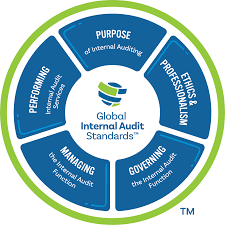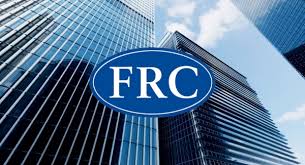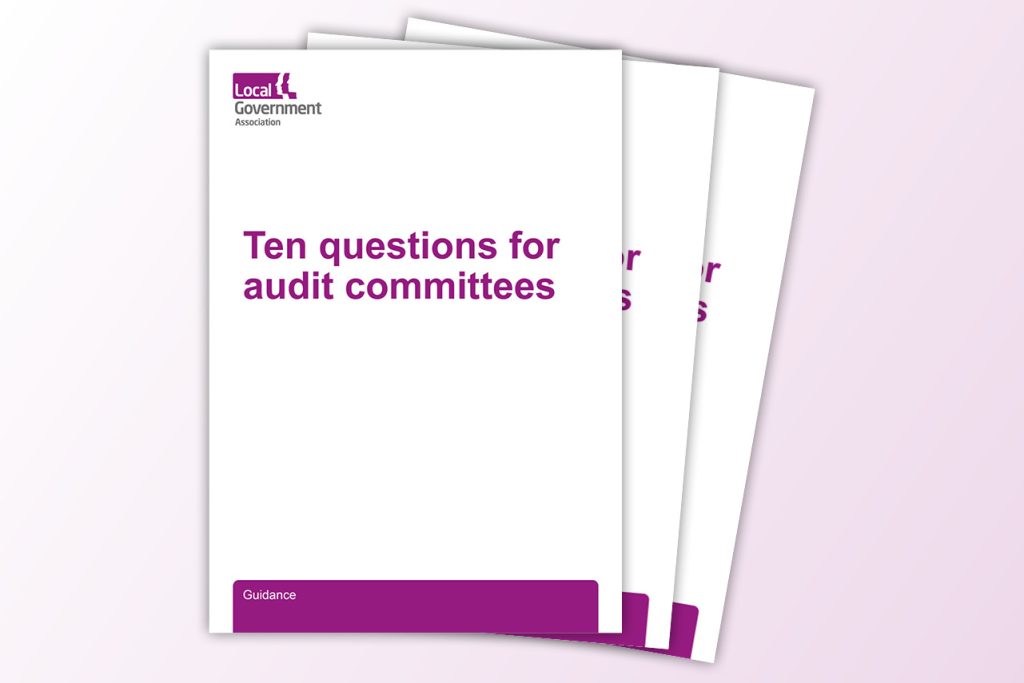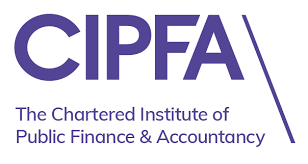News & Updates

DAVID HILL – FEBRUARY 2025
Elevating Internal Audit Maturity: Technology, Innovation, and Zero-Based Budgeting

DAVID HILL – MARCH 2025
Harnessing Real-Time Data With Objective-Centric Risk Management and Dynamic Assurance Mapping

DAVID HILL – New Article Coming Soon
New Article Coming Soon
Check back for more news and updates…

DAVID HILL – January 2025
Governance and Culture: 5 Areas to Address the New Corporate Governance Code

DAVID HILL – NOVEMBER 2024
Leveraging the Standards During Budget Discussions: Making the Case for Investing in Internal Audit
Audit Committee Resources

the audit committee
The Audit Committee and organisational effectiveness in Local Authorities
This guide explains the value an audit committee brings to the local authority. It is aimed at those in a governance or leadership role in an authority, who interact with the committee or receive its reports.
Read more: Local authority audit committees

global internal audit standards
Global Internal Audit Standards are now in full effect.
Internal audit functions are expected to be in conformance with the 2024 Global Internal Audit StandardsTM now. Access the Standards and related resources. The Standards guide the worldwide professional practice of internal auditing and serve as a basis for evaluating and elevating the quality of the internal audit function. The Standards are set according to a due process followed by the International Internal Audit Standards Board and overseen by the IPPF Oversight Council.

FINANCIAL REPORTING COUNCIL 2023
Audit Committees
The FRC has produced guidance relating to Audit Committees, and published a Standard for Audit Committees relating to the external audit.
Audit Committees should also familiarise themselves with the UK Corporate Governance Code.
Read More: Audit Committees

audit committees
Audit and Risk Assurance Committee (ARAC) Handbook
This Audit and Risk Assurance Committee (ARAC) Handbook has been refreshed and expanded to improve clarity and reflect changes in best practice in governance. The handbook covers the role and responsibilities of an ARAC and provides guidance on good governance processes for ARACs.
Whilst it is not intended to provide guidance on areas that an ARAC may need to review, Annex F ’Key questions for an ARAC to ask’ does provide prompts of what ARACs should consider on a range of topics, including whistleblowing and cyber security. This Annex is not meant to be an exhaustive (or restrictive) list of questions relating to a particular topic. Annex H is a checklist which an ARAC could use to review its effectiveness.
Read More: Audit and Risk Assurance Committee Handbook – GOV.UK

AUDIT COMMITTEES
Ten Questions for the Audit Committee
The role of the audit committee is normally to seek assurance that the council’s financial reporting, internal controls, governance, and risk management are effective and can be relied upon by councillors and citizens. The audit committee is the committee of the council to which has been delegated the task of looking into such matters in detail.
Read More: Ten questions for audit committees | Local Government Association

INTERNAL AUDIT
Code of Practice for the Governance of Internal Audit in UK Local Government
CIPFA has introduced a new Code of Practice to support authorities in establishing and maintaining their internal audit arrangements in line with the statutory regulations. The Code supports the practice of internal audit under the Global Internal Audit Standards in the UK Public Sector.
The Code is aimed at those responsible for the governance of internal audit and is also relevant for heads of internal audit and audit providers to the sector.
It applies to all local government bodies using the Global Internal Audit Standards in the UK Public Sector. Those bodies should use the Code regardless of how their internal audit function is provided.
CIPFA consulted on the Code in 2024 and it is applicable from 1 April 2025.
Read More: Governance of Internal Audit in Local Government | CIPFA
© 2025 Hill Audit






